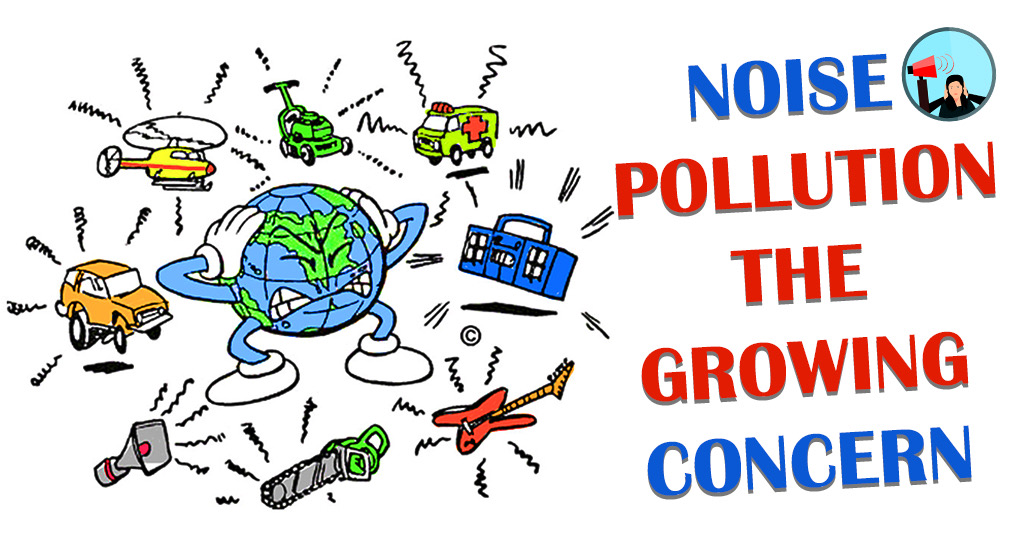It may seem like noise isn’t a serious health issue. It can never be the reason of our death or a serious health issue. Right? Well, maybe….
In 2011 the World Health Organisation (WHO) introduced a report called ‘Burden of disease from environmental issues.’ The report collected data from various large scale epidemiological studies of environmental noises in Europe. The report includes over 10 years of data surveyed at several places.
Researchers found that at least a million people die each year in Europe due to noise pollution alone (and this figure does not include noise from industrial workplaces). Isn’t it shocking? The authors have further added that ‘there is evidence that shows environmental noise having adverse effects on people’s lives’ and ranked traffic noise second amongst environmental threats. The authors concluded the report stating while other forms of pollution are decreasing, noise pollution is increasing.
There are certain environmental sounds that we are not aware of, affect us the most, meaning those we ‘hear’ while we are sound asleep. The human ear is an extremely sensitive organ that never sleeps. So even when you are sound asleep your ears are picking up and transmitting sounds that are filtered and simplified by different parts of the brain. It’s a permanently open auditory channel. So, even though you may not be aware of it, background noises like traffic, loud music or aircraft and even noises coming from your next-door neighbours should be processed. Your body reacts to them in different ways via the nerves that travel to all parts of the body and the hormones released by the brain.
The most evident of all is interrupted sleep, with its flow-on effects of tiredness, impaired judgement, impaired memory and creativity, and weakened psychomotor skills. Several other studies have said that people who are living near airports or busy roads may have a higher risk of frequent headaches, take more sleeping pills and sedatives, are more prone to minor accidents, and possibly seek psychiatric treatment.
Other than the above-mentioned reasons, there are more serious outcomes. Even if you don’t wake up, it appears that continual noise sets off the body’s acute stress response, which increases the heart rate and increases the blood pressure, potentially mobilising a condition of hyperarousal. It is the response that can lead to cardiovascular disease and other health issues as well.
In conclusion, sounds are a crucial and valuable part of everyday life. When sounds become noise, it can affect our mental as well as physical health. The reality of modern life means the noises created in our world are not going anywhere. It is a serious health concern that needs our attention. We should find sustainable and realistic ways of reducing it.








